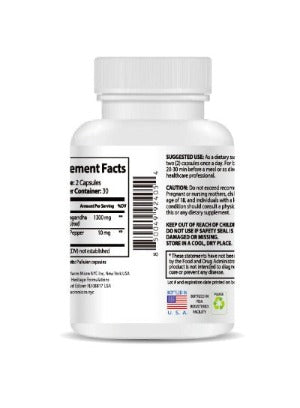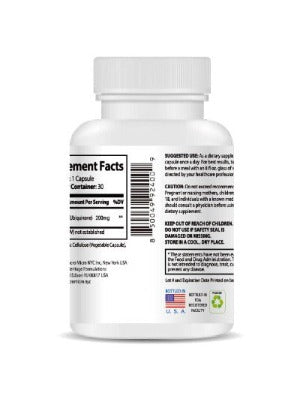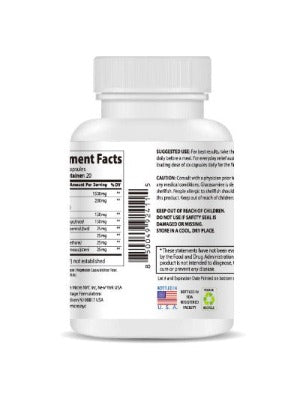Understanding the Impact of Weather on Seasonal Allergy Eyes
Seasonal allergies are a widespread problem, impacting millions each year. For many, it's more than just a runny nose and itchy throat; the eyes often bear the brunt of the allergic reaction, experiencing intense itching, redness, swelling, puffiness, and persistent dryness. But did you know that the weather plays a pivotal role in exacerbating these symptoms? This comprehensive guide delves into the intricate relationship between weather patterns and seasonal allergies, focusing specifically on their effects on your eyes, and provides practical, actionable advice to help you alleviate discomfort and regain control over your eye health.
The Weather's Impact: A Deeper Dive
Understanding how different weather patterns influence your seasonal allergies is crucial for effective management. Let's examine the key atmospheric factors that often trigger or worsen eye allergy symptoms:
High Pollen Counts: The Silent Culprit
Warm, dry, and windy days are usually associated with significantly higher pollen counts. These conditions create an ideal environment for pollen dispersal, resulting in increased exposure and consequently, a dramatic increase in the intensity of your eye allergy symptoms. The wind acts as a natural pollen transporter, carrying microscopic allergens far and wide, increasing your chances of contact.
Humidity: A Double-Edged Sword
While humidity might seem like a welcome respite from dry, arid weather, it can actually exacerbate seasonal allergy symptoms. High humidity levels trap pollen closer to the ground, making it more likely you'll inhale it or have direct contact with your eyes. This close proximity increases your allergen exposure, leading to intensified itching, redness, and swelling.
Rain and Storms: The Unexpected Allergen Boost
Rain and storms might seem beneficial, as the downpour washes away some of the airborne pollen. However, the initial relief is often short-lived. The following days frequently experience a surge in pollen release, as plants compensate for the pollen washed away. This post-rain pollen explosion can lead to a significant worsening of symptoms.
Temperature Fluctuations: The Body's Response
Extreme temperature changes can also impact your body's immune response. These fluctuations can increase your eyes' sensitivity to allergens, making even minor exposures trigger a significant reaction. This heightened sensitivity means even low pollen counts can lead to uncomfortable symptoms.
Protecting Your Eyes: Practical Strategies
Now that we've explored the weather's significant impact on seasonal allergy eyes, let's discuss practical strategies to effectively protect your eyes and alleviate discomfort. Preventative measures are key to minimizing the effects of allergens.
Proactive Monitoring: Staying Informed
Regularly check your local pollen forecasts. Many weather apps and websites provide detailed pollen reports, allowing you to plan outdoor activities strategically. On high-pollen days, consider staying indoors, especially during peak pollen hours (typically early morning and late afternoon).
Sunglasses: A Barrier Against Allergens
Wearing wraparound sunglasses can create a physical barrier, preventing pollen from directly contacting your eyes. Choose sunglasses with snug-fitting frames to maximize protection. This simple measure can significantly reduce allergen exposure.
Thorough Cleansing: Removing Allergens
Upon returning indoors from outdoor activities, thoroughly wash your face and eyes to remove any lingering pollen. Use a gentle cleanser and lukewarm water, being careful not to rub your eyes harshly, as this can worsen irritation.
Saline Eye Washes: Gentle Relief
Using saline eye drops or washes can help cleanse your eyes and remove irritating allergens. These gentle solutions are readily available over-the-counter and provide soothing relief from itching and burning.
Targeted Eye Care: Deep Hydration and Relief
For more intense relief and deeper hydration, explore targeted treatments. Consider using Wise Quest Soothing Eye Patches - 3-Month Wellness Pack. These innovative patches harness the power of traditional Chinese herbal medicine to fundamentally relieve eye fatigue, dryness, astringency, redness, and swelling. They promote healthy blood circulation, effectively combating most eye discomfort and disease, including those stemming from seasonal allergies. 
Long-Term Solutions: Consulting an Allergist
While the strategies above provide immediate relief, consulting an allergist is crucial for long-term management of seasonal allergies. Allergists can perform comprehensive tests to pinpoint your specific allergens and create a personalized treatment plan. This plan might include prescription medications like antihistamines, nasal corticosteroids, or immunotherapy, a process that gradually desensitizes your immune system to specific allergens.
Prioritizing Your Eye Health: A Holistic Approach
Seasonal allergies don't have to control your life. By understanding the complex interplay between weather patterns and your eye allergies, and by consistently implementing these proactive strategies and utilizing effective products like the Wise Quest Soothing Eye Patches - 3-Month Wellness Pack, you can significantly reduce your discomfort and improve your quality of life, even during allergy season. Remember to prioritize your eye health and take proactive steps towards a more comfortable and enjoyable experience.









